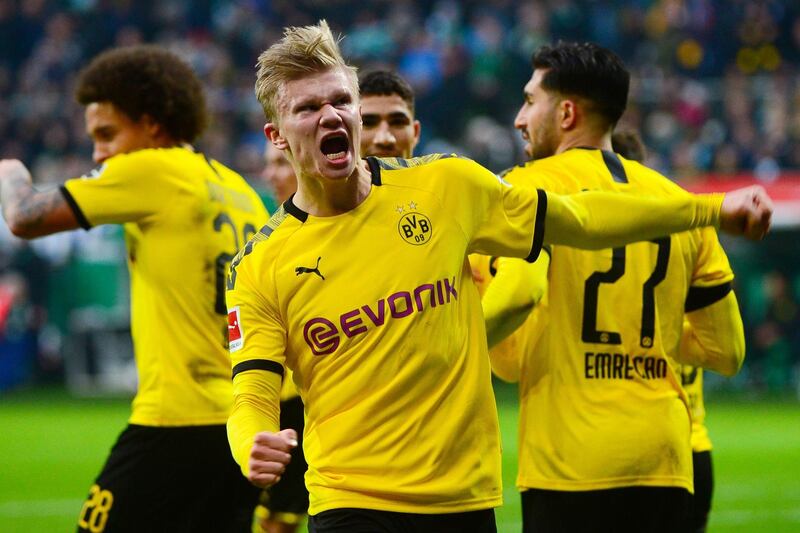Football has become Moneyball. While global recruitment has become big business, it has been driven by the numbers in a way that would have once seemed surreal.
The superclubs’ tentacles have stretched to every corner of the world game, changing the dynamic when it comes to signing players.
There has been a revolution in the field of scouting. “The main advances within the recruitment field in the last 10 years or so have been mainly data driven,” said Neil McGuinness, director of scouting for Major League Soccer club Columbus Crew.
“There are software packages providing everything from statistical data to fitness data, ground coverage during games, player comparison tools, ranking systems.
"It’s a lucrative business for the companies who can get a core group of clients as the packages don’t come cheap.”
McGuinness reflects the way recruitment has become globalised. He has worked on three continents. He was a senior scout for Celtic and played a part in the signing of Virgil van Dijk.
He then served as senior player recruiter for Qatar. The quest to discover the next big thing, he can confirm, starts earlier and earlier.
“You would never have seen the prices being paid for young kids a decade ago that you see these days with the influx of cash coming from television money, sponsorship deals and wealthy owners investing large sums,” McGuinness said.
“Nowadays, kids are being headhunted and signing pro contracts before they have even started maturing.”
It can feel quaint that, little over 20 years ago, Arsene Wenger appeared to have the French market to himself. It amounts to a sea change since then.
“Nowadays everywhere is being covered by someone,” McGuinness said. “The elite teams around the globe all have massive recruitment budgets these days that allow them to realistically have eyes and opinions in any league and country that they deem interesting.”
If it can make it harder to attract the prodigies everyone has identified, McGuinness believes gradualism is a useful antidote to globalisation.
He draws upon the examples of two he tipped from the top from an early age to advocate a more old-fashioned career path rather than being fast-tracked to the superclubs.
“Most top young players are well known within the industry before they start to appear on fans’ radars,” he said.
“I remember seeing Erling Braut Haaland when he was with Norway Under-15s and recommended him.
"Even then you could see that he was a kid with gigantic potential and he would be swarmed with options.
"By the time he signed for Molde, he was already being earmarked by the top teams and a career path was being built for him.
"He’s gone via Salzburg to Dortmund and will more than likely end up at Real Madrid if he stays healthy.”
But he draws a contrast between the 19-year-old, the scorer of 40 goals already this season, and a striker who took the giant leap to Real last summer, costing €60 million (Dh238.4m) but only scoring twice.
“Luka Jovic has gone to Madrid and looks to be really struggling so the next move has to be backwards.
"He has gone to the absolute top by 21 when really he could have done with another season of scoring goals in a less stressful environment.
"He is a player I first saw at 15 and loved how good he was even then, so it’s frustrating but he might have to rebuild elsewhere.”
In a globalised world, a more local route can work. “It’s a must for the emerging young talents to work on a pathway rather than go directly to an elite club and get swallowed up,” McGuinness said.
“There have been so many examples of players going too early and damaging their careers.”








